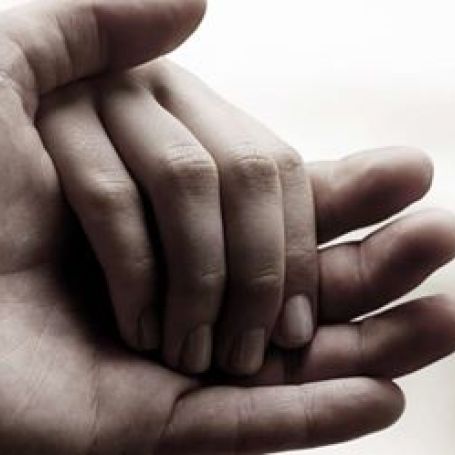
Therapy
Loss, grief and rules

Grief is complex and painful and no one wants to go through it but we all do at some point in our lives, and yet learning to grieve is a process that we do on the job. We can’t pre-empt it or practice it in advance, get it wrong then try again and do it better this time and figure out what works for us. We can only feel it when it happens and then suddenly there seem to be rules about what we should and shouldn’t do.
The public outpouring of grief from Kobe Bryant’s fans, family, friends and colleagues has been enormous and heartfelt. The loss of a seeming giant (literal and metaphorical) of an athlete, icon and human being has hit many hard. The trauma at such an unexpected and shocking loss is certainly palpable after this tragic accident, as is the sense of mass grief as people across the world share words and emotions about their hero.
However, there has already been other reactions to his death that have been met with anger and disapproval. Some have felt it important to not shy away from mentioning other aspects to Bryant’s life – in particular a previous allegation of sexual assault in 2003 which was settled in a civil case even though the criminal case did not go to court. Many have found this distasteful, pointless and hurtful to those grieving or perhaps just difficult to hear about the man they hold so dear. In grief there are feelings to consider and ways that we are expected to behave. Society tells us there are rules.
You mustn’t speak ill of the dead.
But why not? If we need to try and heal from the loss then ignoring parts of a person or emotions they bring us feels ridiculous. Perhaps it is simply that it is uncomfortable to feel adoration and love when you know a darker side to someone too. Perhaps there is shame in that and shame is a tough thing to sit with.
Whether it stems from historically-rooted religious beliefs that we only honour the dead or perhaps from a Victorian sense of decorum that requires veils and only black outfits, there is a vague rule that our more difficult emotions about the dead need to be managed and silenced. They won’t help us.
What about all the emotions that come in loss and the processing of how we feel about someone – all of them, their many parts, their many actions, the many and varying ways they affected our lives. And why do some people’s feelings taking president over others – for example with those who don’t want to acknowledge that Kobe Bryant perhaps made terrible mistakes or had unpalatable aspects to his character as well as being a great father, nice guy and hero.
It is in grief that we sometimes feel a sense of villifying or exalting the departed, as though life is black and white and people fit into one of those two categories. It is heaven or hell and nothing in between. And if they were villains in some way then we simply ignore it because there is no point dragging it up now they have gone – what good would that do anyway?
But maybe it can do us good. Perhaps facing those more difficult and messy emotions can help ease our way through by raising our awareness of who that person was to us, and through awareness we can then choose how we carry on living with their memory. Perhaps our different parts can feel different things about the many sides to the person we have lost e.g. our inner child can feel sadness while our adult feels anger.
How can we find acceptance in grief if we are hiding things away, pretending they don’t exist? We need to feel it ALL because the grievers are the ones who carry on living, and hopefully live well, while still carrying their grief. But finding a place where or a person with which we and others can allow those uncomfortable emotions in all their messy technicolour? – that is tough.
The reality is that the people we lose can be more than one thing to us. They can be our parent and our tormentor, our lover and our abuser, our friend and our enemy, our child and our shame, or perhaps they are nothing to us and our lack of feeling can seem odd or hurtful to others. But the universal truth is that we will all face grief so allowing each other the freedom to do it in our own ways seems vital.
The rule is ‘there are no rules’. If only we could spread the word.
Emma's blog can be accessed at https://www.emmapagecounselling.co.uk/blog

